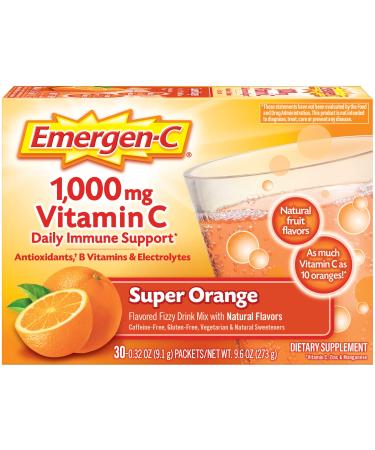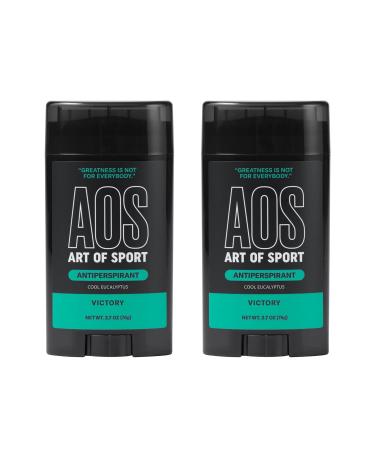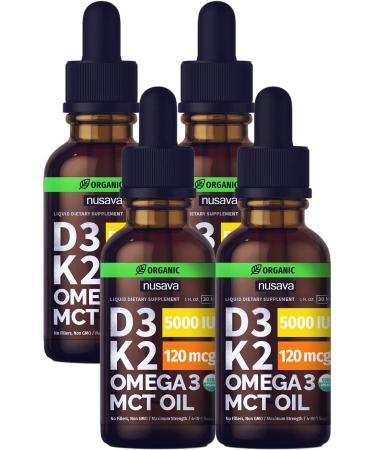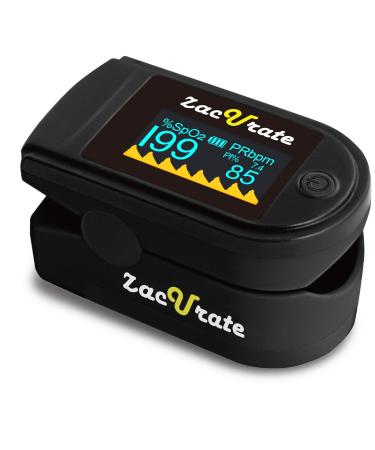Dried Apricots: Benefits
Sun dried apricots from Food To Live offer a great number of benefits to people who eat them regularly. Not only are they fantastically delicious but also rich in all kinds of important elements.
In the terms of appearance, apricot fruit is the source of retinol, one of the main elements used in the cosmetics industry.
You should definitely try some apricot jam, paste, or cake. However, you shouldn't forget that sugar isn't good for the body, so it's best to choose recipes that don't contain much of it. There are plenty of those for apricots as these fruits are naturally sweet. In fact, you can make an amazing dried apricot paste by combining them with some figs and warm water in a blender.
Dried Apricots Calories
One cup of dried apricots contains about 313 calories, but it also gives you almost 10 grams of dietary fiber and 4.4 grams of protein.
Dried Apricots: Nutrition Profile Breakdown
Nutritional value of dried apricots is extremely high, which is the reason why this fruit is so amazing. A single cup of these sweet treats contains 94% of the required daily dose of vitamin A.
Dried Apricots: Iron
The thing that makes sun dried apricots truly fantastic is their high content of non-heme iron. It must be noted that dried fruits have a higher level of it than their fresh counterparts. Therefore, they can be considered more beneficial in this particular matter.
Dried apricots definitely make one of the best choices for this as the iron in them is easy for the body to absorb, so you actually get to benefit from it. Note that naturally, iron is processed easier when consumed with vitamin C.
As dried apricots contain vitamin C by default, the iron from them can be absorbed very well regardless of whether you add some other foods to your meal.
Magnesium and calcium
Dried apricots contain two invaluable minerals. They are magnesium and calcium.
Note that potassium, another valuable mineral that dried apricots contain in large quantities, affects the way our bodies process calcium. This mineral is extremely difficult to absorb, so even eating calcium-rich foods might not give you a sufficient amount of it. Potassium helps the body absorb as well as dispose of calcium in the most efficient manner.









![Stewart Freeze Dried Dog Treats Made in USA [Single Ingredient Puppy and Dog Training Treats - Grain Free Natural Dog Treats] Resealable Tub to Preserve Freshness](https://www.gosupps.com/media/catalog/product/cache/25/small_image/375x450/9df78eab33525d08d6e5fb8d27136e95/6/1/61gwbbixarl._ac_sl1500_.jpg)







